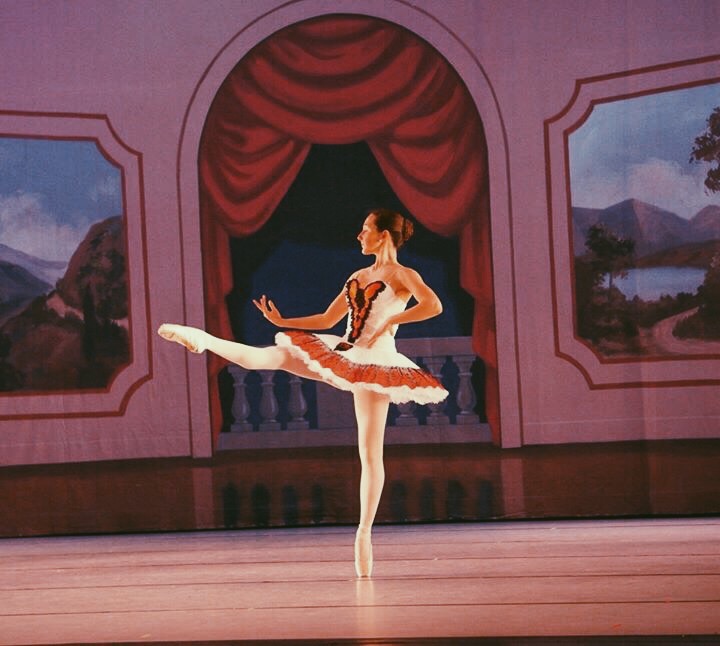Groove Collective We People Rarely Change


Groove Collective We People Rarely Change The World

On a late October afternoon in South Central Los Angeles, Kamasi Washington was facing what is for him an increasingly familiar problem: making a lot of big ideas fit into a single space, even one as large as the nearby Club Nokia, a rock-star-size venue where he would be performing in December. His recent triple album, ‘‘The Epic,’’ is a nearly three-hour suite for a 10-piece jazz band, backed by a 32-piece orchestra and a 20-person choir. Washington’s show promised to be a typical swirl of activity, a sprawling procession of dancers, musicians, DJs and singers unified by the magisterial sound of Washington himself, a 34-year-old tenor saxophonist who has emerged as the most-talked-about jazz musician since Wynton Marsalis arrived on the New York scene three decades ago.At that moment, Washington was at his aunt’s dance studio, trying to figure out where to put all the dancers. Lula Washington — whose troupe would be doing the dancing, at least if her nephew could convince her — knew that there would be a crowd onstage, and she didn’t want her people to get lost in it.
Kamasi listened patiently, then got down on the floor and sketched the Nokia stage, insisting that it was more spacious than she imagined. Maybe a riser here? She looked skeptical. They would work it out somehow, she said, but she did not seem persuaded. (As it turned out, Kamasi’s vision exceeded the limits of this particular stage: Lula’s dancers did not perform in the show.)Near the end of our visit, I asked Lula if she knew what the ‘‘epic’’ in the album title r.